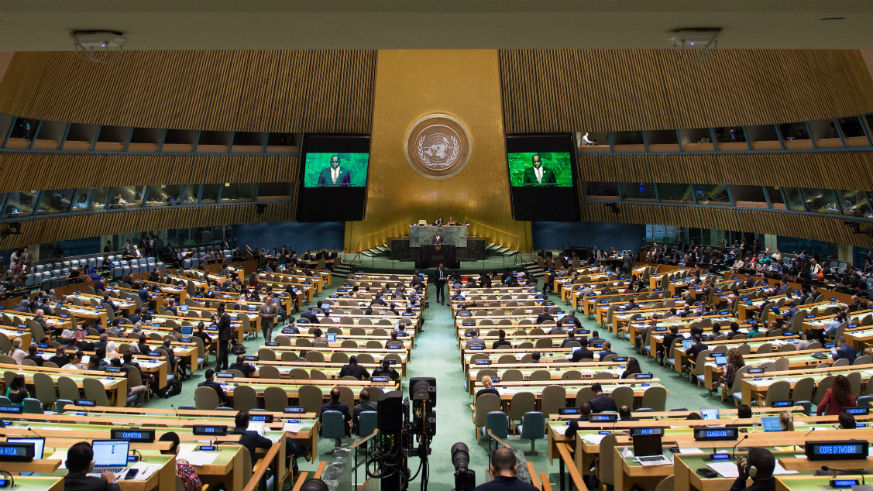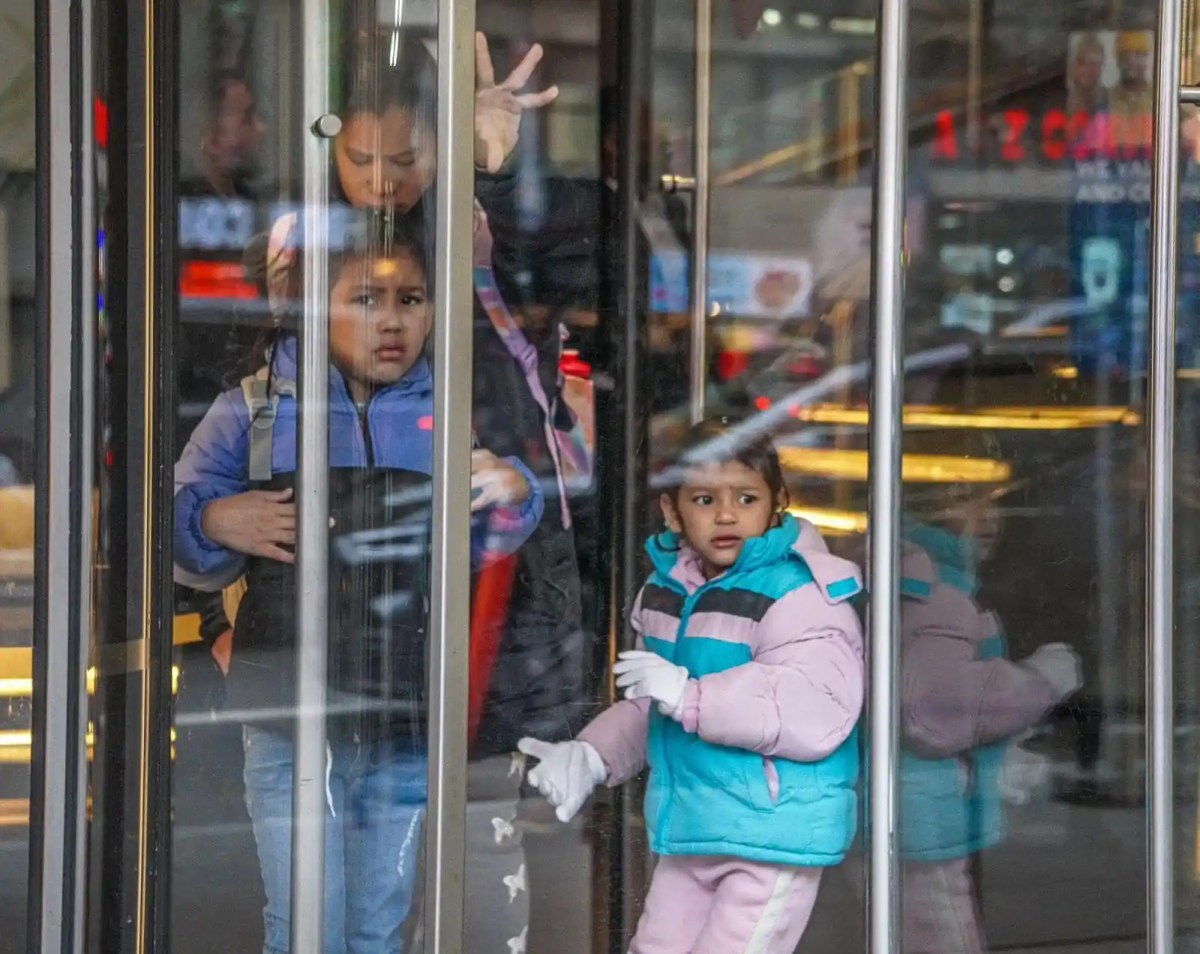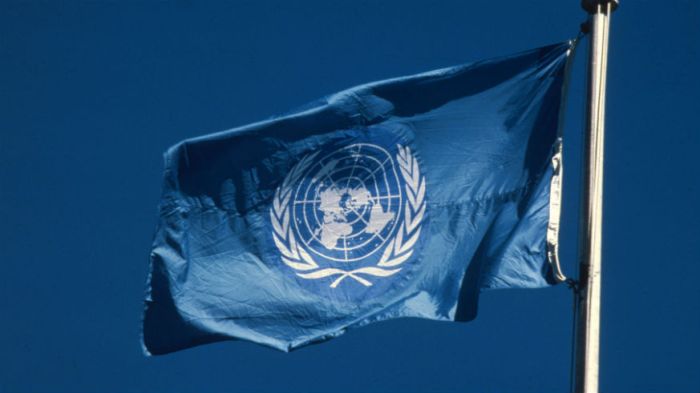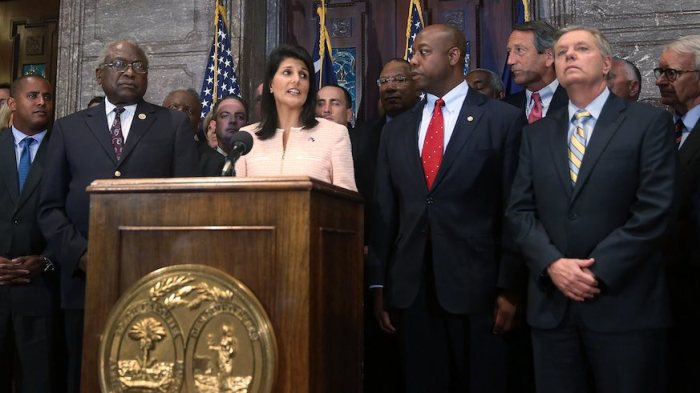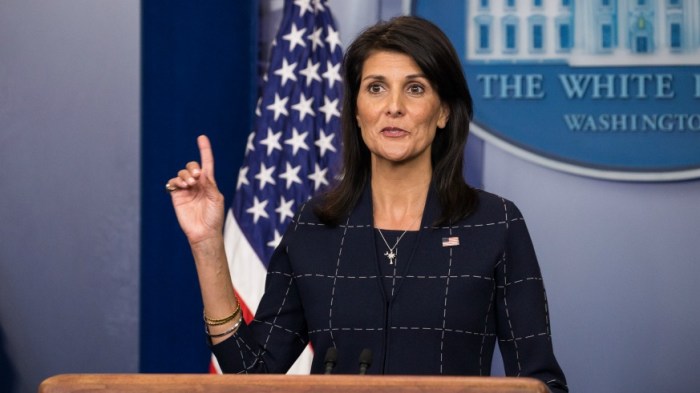On Sept. 29, the United States voted against a U.N. resolution condemning nations that impose the death penalty for same-sex sexual activity.
It passed anyway, 27-13. Every country in Eastern Europe, Latin America and the “Western Europe and others group,” save two, voted “yes.” The United States joined Russia, Saudi Arabia, Iraq and nine other countries in voting “no.”
The resolution condemns “the imposition of the death penalty as a sanction for specific forms of conduct, such as apostasy, blasphemy, adultery and consensual same-sex relations” and expresses “serious concern that the application of the death penalty for adultery is disproportionately imposed on women.”
It notes that “poor and economically vulnerable persons and foreign nationals are disproportionately subjected to the death penalty, that laws carrying the death penalty are used against persons exercising their rights to freedom of expression, thought, conscience, religion, and peaceful assembly and association, and that persons belonging to religious or ethnic minorities are disproportionately represented among those sentenced to the death penalty.”
UN ambassador Nikki Haley hasn’t explained the Trump administration’s “no” vote. Possible explanations include a reluctance to support any resolution that condemns the death penalty, or an unwillingness to vote against economic ally Saudi Arabia or Trump ally Russia.
The U.S. supported two failed amendments proposed by Russia, which stated the death penalty was not necessarily “a human rights violation” and that it is not a form of torture, but can lead to it “in some cases.”
There are six countries where the death penalty is implemented for same-sex relations: Iran, Saudi Arabia, Sudan, Yemen, Nigeria and Somalia. The so-called Islamic State has executed dozens of gay men in Iraq, Syria and Libya. An ongoing crackdown against homosexual individuals in Chechnya has drawn no response from the White House.
“It is unconscionable to think that there are hundreds of millions of people living in states where somebody may be executed simply because of whom they love” said Renato Sabbadini, executive director of The International Lesbian, Gay, Bisexual, Trans and Intersex Association in a statement about the resolution. “This is a monumental moment where the international community has publicly highlighted that these horrific laws simply must end.”
Homosexuality is still illegal in more than 70 countries worldwide.
In 2014, the U.S. and 24 other countries voted for a resolution against violence and discrimination based on sexual orientation and gender.

